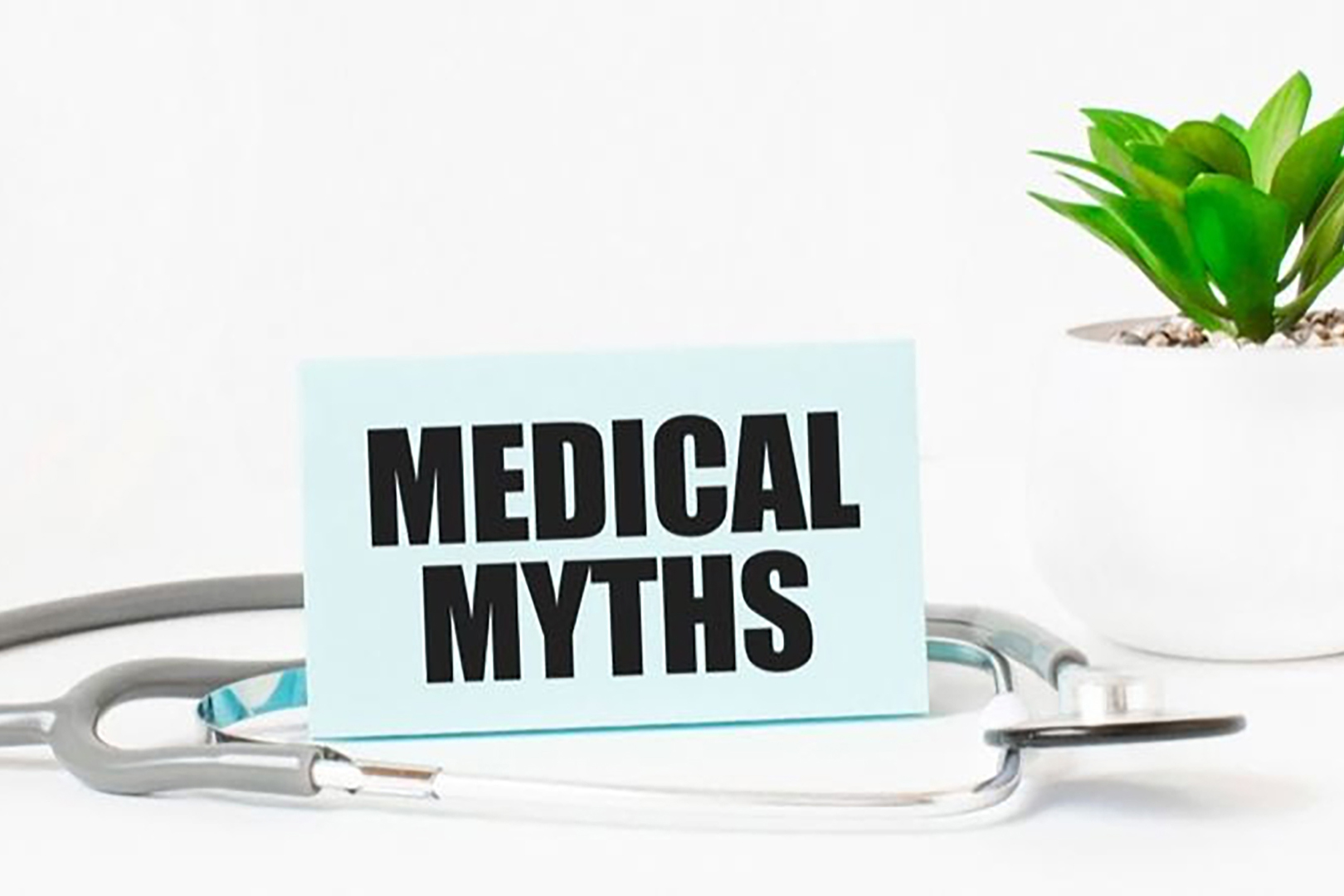Dear readers,
As a physician specializing in hormone health, I often see the profound impact that hormone imbalances can have on mental well-being, particularly anxiety. Both men and women experience fluctuations in hormone levels, and these changes can significantly affect mood and emotional stability. Let’s explore how various hormones play a role in anxiety and what steps can be taken to restore balance.
The Role of Estrogen and Progesterone in Women
For women, hormones such as estrogen and progesterone are crucial players in mood regulation. Fluctuations during menstrual cycles, pregnancy, postpartum periods, and menopause can lead to increased anxiety. Low estrogen levels, in particular, are associated with heightened anxiety and depressive symptoms. This is largely because estrogen influences serotonin levels, a neurotransmitter vital for mood stability.
Progesterone also deserves attention—it has calming effects on the brain by interacting with GABA receptors. When progesterone levels are imbalanced, it can result in mood swings and anxiety. If you’ve noticed that your anxiety levels fluctuate with your menstrual cycle or during significant hormonal transitions, you are not alone.
Testosterone’s Influence on Anxiety
Although often associated with men, testosterone is an important hormone for women as well. Low testosterone levels can lead to increased anxiety, irritability, and mood disturbances in both genders. As men age, testosterone levels naturally decline, which can contribute to anxiety and feelings of low mood. For women, particularly post-menopause, low testosterone can also lead to anxiety symptoms. Understanding the role of testosterone in overall mental health is vital for both men and women.
The Stress Hormone: Cortisol
Cortisol, the body’s primary stress hormone, is another significant factor in anxiety. Chronic stress can lead to dysregulated cortisol levels, contributing to a cycle of anxiety and irritability. High cortisol levels over prolonged periods can disrupt other hormonal systems, worsening anxiety symptoms. If you often feel overwhelmed by stress, it may be worth investigating your cortisol levels and how they relate to your overall hormone balance.
Thyroid Hormones and Their Impact
Lastly, let’s not overlook thyroid hormones. Hypothyroidism, characterized by low thyroid hormone levels, is strongly linked to increased anxiety and depression. Low thyroid function slows metabolism and energy production, leading to fatigue and mood swings, which can exacerbate anxiety. A comprehensive evaluation of your thyroid function can be an essential step in managing anxiety symptoms.
Take Action: Find Your Balance
If you’re experiencing anxiety that you suspect may be linked to hormone imbalances, it’s crucial to seek professional guidance. At the Gajer Practice, we specialize in identifying hormonal imbalances and developing personalized treatment plans to help restore balance and improve your overall mental well-being.
Are you ready to take the first step toward a healthier, more balanced life?






